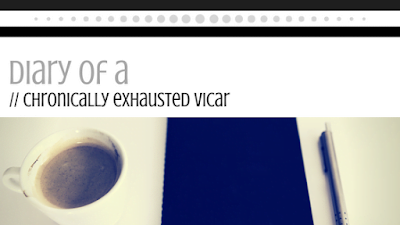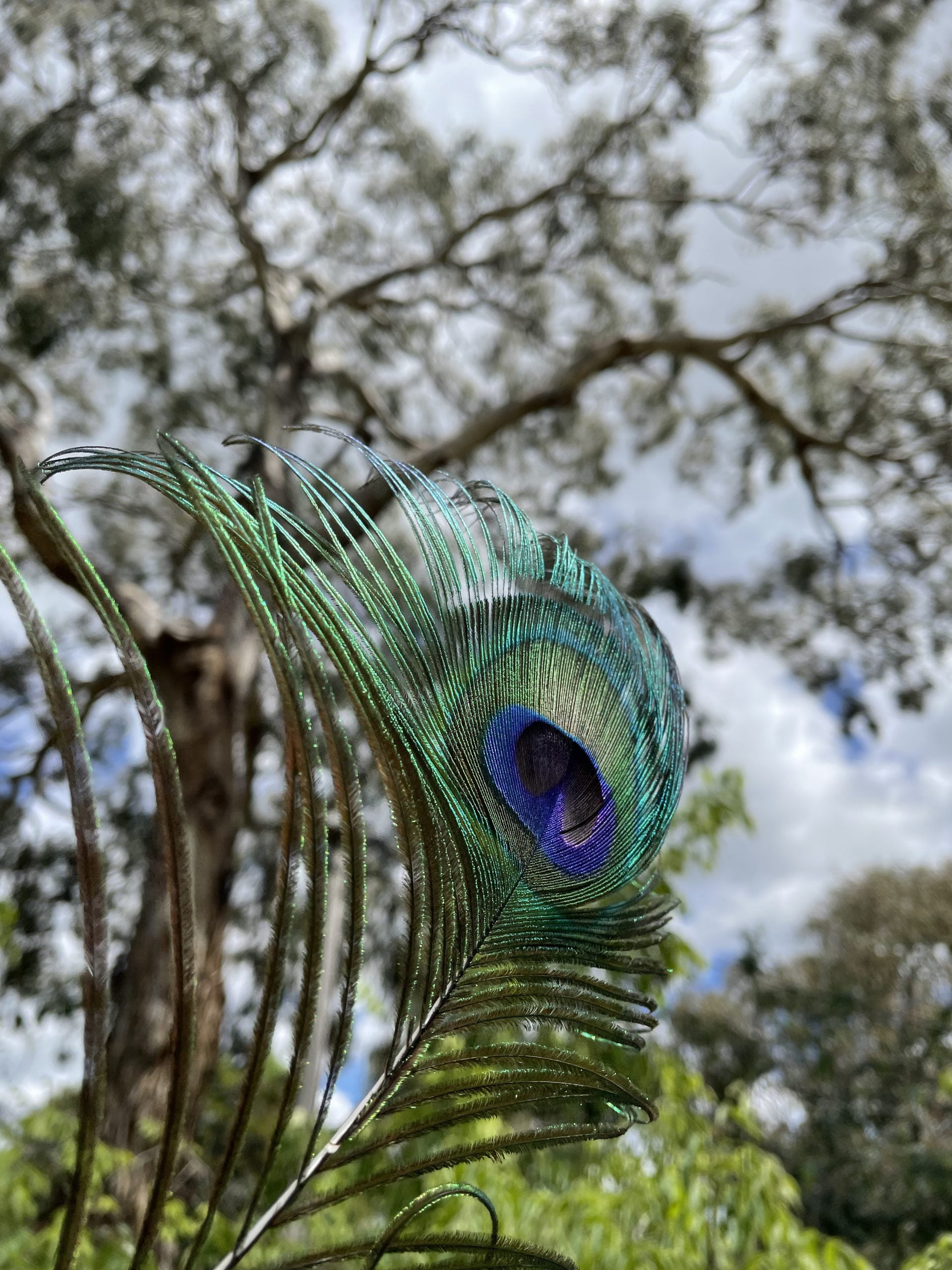I mentioned in a recent post that many who experience Chronic Fatigue Syndrome are almost entirely debilitated by it: the effort to get out of bed is enough to send them straight back to bed for the rest of the day, or perhaps they’ve enough energy to get up and do the basics of personal hygiene and feeding, but not much more than that.

Confession time: I sometimes find myself wishing that my experience of the illness was that bad again, if it can’t get better and get gone. This is because it is an extra source of exhaustion, the managing of the condition so as to be able to function at the level at which I can function.I have mostly been in the ‘high-functioning’ category of those who live with Depression, for the past 20-odd years, too. Living everyday life still, achieving stuff like writing poetry and producing books, performing poetry and stories, turning up to work (except for a few months at my first job, when my bosses had to sit me down in their office to talk about the number of sick days I was taking, and help me get help with the recommendation of a counsellor to see).
I have run events, led groups and teams, obtained two and a half bachelor degrees, two Honours degrees, and a PhD, all while living with chronic illness. And there are no awards for that, by the way. You simply get the degree, no matter how many battles you fought to reach the end, while others blithely win University Medals and full scholarships towards which your full potential might reach were it not so inhibited. High functioning for one with chronic illness isn’t as high functioning as those without can manage.
There lies a tangent risking a spiral into bitterness, so let’s resist, shall we?
I do think sometimes that it would be easier, more beneficial even perhaps, to stop working for a while, not to do all the things – work, creativity, maintain a home – stop, rest, see if I can actually heal. So why don’t I? This is a question to which I’m not sure I have an answer, so what follows is wondering, pondering, exploring the question.
Why, when I know complete rest is helpful for diminishing the symptoms of CFS before a gradual rebuilding of energy and capacity, do I persist with this high functioning approach? This approach wears me out, it demands attention for every bit of energy expended – reaps a cost for it.
I occasionally entertain a fantasy of packing up and going home, living with mum or sister, so as to not be solely responsible for house maintenance, to have someone nearby to help when I am having a rough, painful, day. But …
But. I like my placement here in this city far from theirs. I worked a long time and very hard on the road that has led me here; to be in a placement as a storyteller-poet-minister, with opportunities to engage in ministry with a diverse, vital, congregation with its particular position in the wider church; to be looked to by congregation, wider church, community, for poetry and liturgy for ordinary and extraordinary moments in our living. To be keynote speaker and scholar within an international network in my professional field. To be mentor, to be liturgist, to be exercising a ministry of presence within and beyond this embeddedness in a congregation. I worked hard to get here, this place of competence, excellence, in my craft and vocation, and I am enjoying it, despite the illness and its impact.
But. I like my home. I have spent two years slowly and carefully shaping the space in which I live, and it gives me joy. This is a gift given how much time I spend here, pandemic or not. I have hardly left this house for two months, and I look around as I move from room to room during the day, as I turn out the lights at the end of the day, and smile with the joy it gives me to be in these spaces that reflect so much of who I am and what I love.
For the first time setting up a house I have bought things I wanted, not taken things others no longer do. I have space, and lots of it, and I don’t share it with anyone on a day to day basis. To move in with another would be to give up a lot for which I waited a very long time while I studied and experimented and lived on a shoestring budget; would be to give up solitude, which after very hard internal work I have come to treasure.
Why do I not cease all operations and take complete rest as a path to healing?
I like that I can still work and play, still exercise a ministry of presence.
I appreciate the opportunity this illness offers to explore a more contemplative way of being, which if I was well, my eclectic curious nature would be less inclined to do. When I am well, and even now, I say yes to more opportunities than I have time or energy for, and may be part of the reason I have grown so chronically fatigued down the years.
It is true that I do not like the pain. Who would? It hurts, for one, is uncomfortable and restrictive and exhausting.
I do not like the foggy brain, and before this illness, I’d already been living with that for more than 20 years with the Depression. However, I do feel more than I think, and as I have leaned further into my natural way of processing, creating, making meaning, the inhibition to thinking has been less of a burden than it could be.
I do not like the loneliness, but when we are not in pandemic, I leave the house most days, I embrace my place within a community of faith, connect with colleagues in a healthy presbytery, and nurture a few life-giving friendships with trips to theatre and shared meals. Even now, I am managing to connect with friends near and far thanks to the gifts of communication technology, and the loneliness is also less of a burden than it might be.
I do not like managing a house alone with no energy.
I do not like feeling bound, shackled, by this illness, constricted in living life as fully as I could.
And then I look and I see what I still achieve, even in constant pain and exhausted most of the time, and it does give me a sense of satisfaction. There is merit in the struggle, as Jacob/Israel discovered, wrestling with the Divine. There is joy along the way in the struggle which is presence and strength and being alive, as much as with small achievements, victories, insights, and even moments of well-being.
We are all wrestling with something, aren’t we? We don’t seek troubles, we don’t look for struggles and challenges, but inevitably, they are part of our lived experience. Injuries of various kinds, temptations, illnesses, griefs, addictions, injustices, stresses, all manner of things. And from the small achievements of doing the day’s dishes rather than leaving them for tomorrow, to the bigger ones of publishing books and keeping children, pets, or ourselves alive, we each have our moments of victory, insight, wellbeing.
I still don’t have an answer to why I push on through overwhelming pain and fatigue. Perhaps there are, in the end, only hints at myriad reasons.
Whatever those reasons are, I will struggle on. And I will tell the tale to meet with yours as you, too, struggle on, present, strong, alive. Though most days, I would rather be sleeping …



Leave A Comment